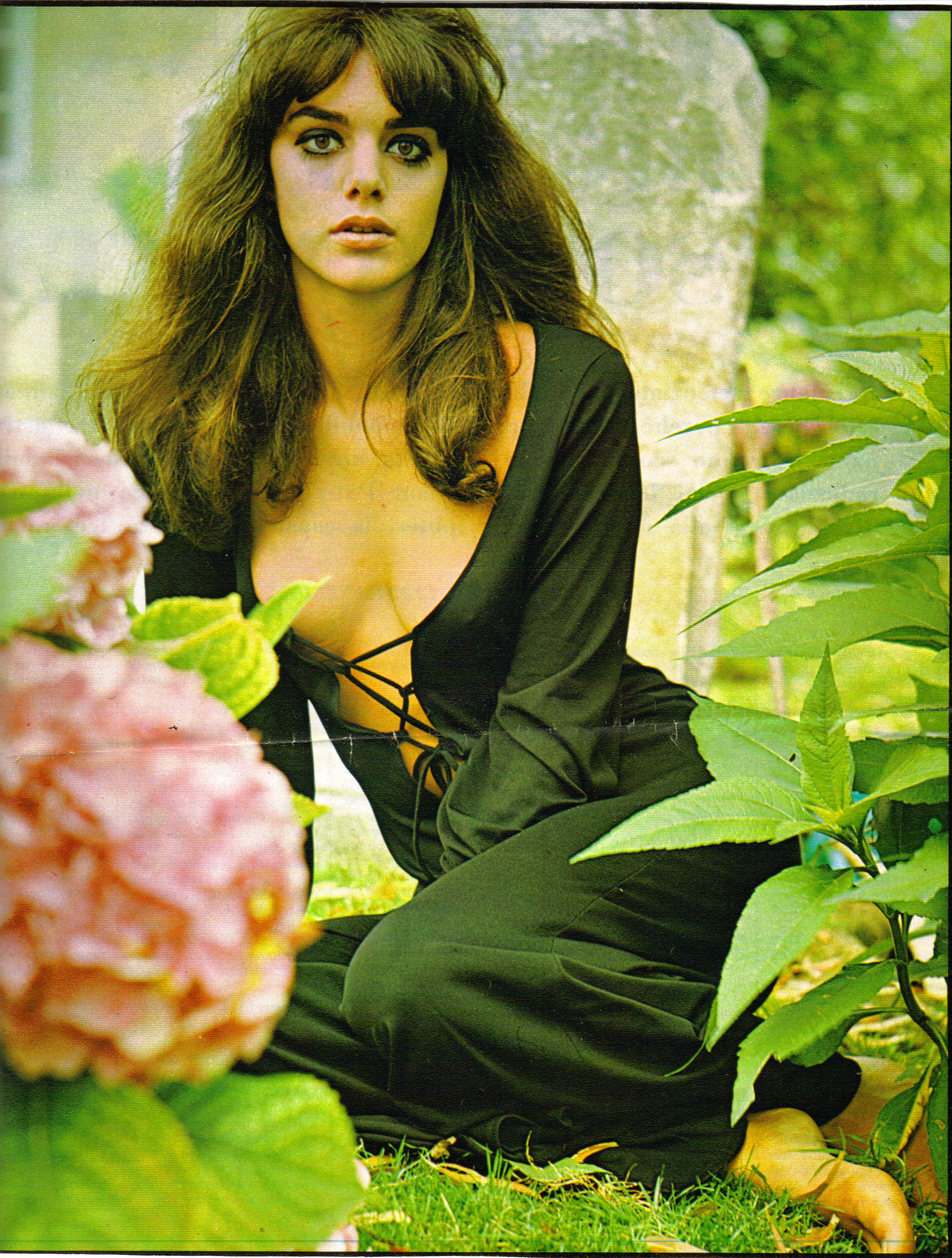 Dressed to Kill
Dressed to Kill is a lurid and self-conscious thriller, director Brian DePalma's 1980 riff on even more Hitchcock tropes, dressed up as high art. Mostly vulgarizing Hitchcock for the excessive style-over-substance cocaine '80s, you can sense the sleaze dripping off every frame, and not in an appreciatively over-the-top manner but in a let-me-rub-your-face-in-filth way. It has more in common with the Italian thrillers known as
giallos, as it's more concerned with formal, stylized cinematic tricks than story, character, human insight or motivation. As for the plot, cf.
Psycho.
I certainly have no problem with sleaze or exploitation, etc., but when it's made by a major director (at least he was when he made this) I expect a little more finesse, substance, and irony rather than just amping up a then-20-year-old Hitchcock movie. At times it's a
fun sleazy thriller, fizzy and intriguing at first, but it goes flat fast as the cheesy Herrmann ripoff score blows on and on, the silly twists, lots of sexual violence, and at the very end, when DePalma rips off his own
Carrie.

"It's just so dirty," says perky prostitute Nancy Allen to psychiatrist Michael Caine. What is Allen talking about? An unexpectedly satisfying afternoon with a john? A sexual fantasy, something she thinks will arouse Caine? A blue movie she saw in Times Square? No, she's talking about a dream she's had - although she's making it up - about
being raped with a straight razor.
Dude, what? Razor rape is not something I think of as "dirty." Okay, DePalma, what the hell? You wrote the screenplay, those are your words...

Some very good scenes transcend the pulpiness, of course, which is what gives this movie at least somewhat of a reputation three decades later.
What are these enjoyable, brilliantly-crafted sequences? DePalma's use of split screen, and even split/split screen, is engaging, which he stretches nearly to the point of distraction, and then switches back to a single point-of-view. Voyeurism - I get it!I'm thinking of the
now-famous art museum chase/seduction, or when Caine and Allen are in their respective homes and we learn about their lives and interests. There's a nice bit when the anticipation of a telephone ringing would shatter our nerves. The murder of Angie Dickinson's character, and then Allen's discovery of it, is terrifically, terrifyingly, framed.

But it's nearly indescribable how poorly this movie has aged. Misogyny, racism, gender identity politics: how could DePalma have gotten everything so wrong? Even insane asylum inmates come off poorly! It's not so much that he deals with these things -
Taxi Driver certainly does - it's that you can't tell if he's serious or just smirky. The movie is smooth and assured but it's (mostly) a polished turd. So much of the movie is couched in dream and fantasy so DePalma can have his cake and eat it too, like those biblical epics of decades that past that promised the walls of Jericho would come down, but not before lots of Israelite ladies showed some skin. Every woman must pay in this uptown slasher flick.

I think DePalma was just clueless about his lack of taste and just going through stylistic motions, and inadvertently created a noxious stew of outrageous and ugly prejudices. Rape fantasies have particularly disappeared from pop art because they're just so... wrong. There's practically no way they can be presented as artistic or insightful before you gross out most of your audience. Tastes have obviously changed, so this could be a tough movie to revisit unless you're a fan of the incongruity of what was once considered acceptable entertainment but which now tastes like, well, a polished turd.



























.jpg)



